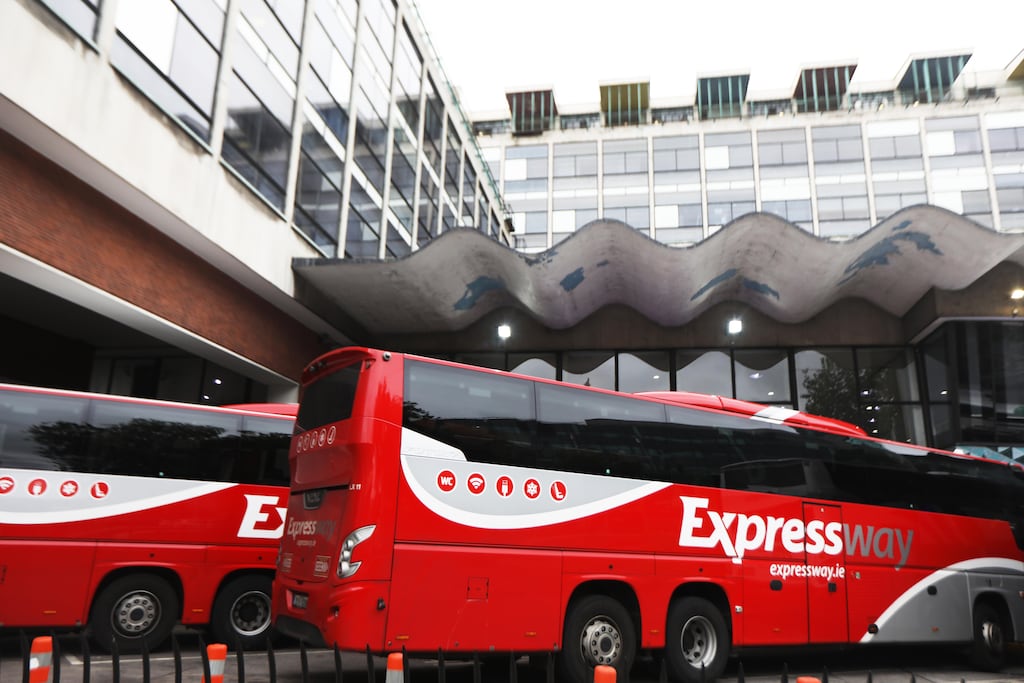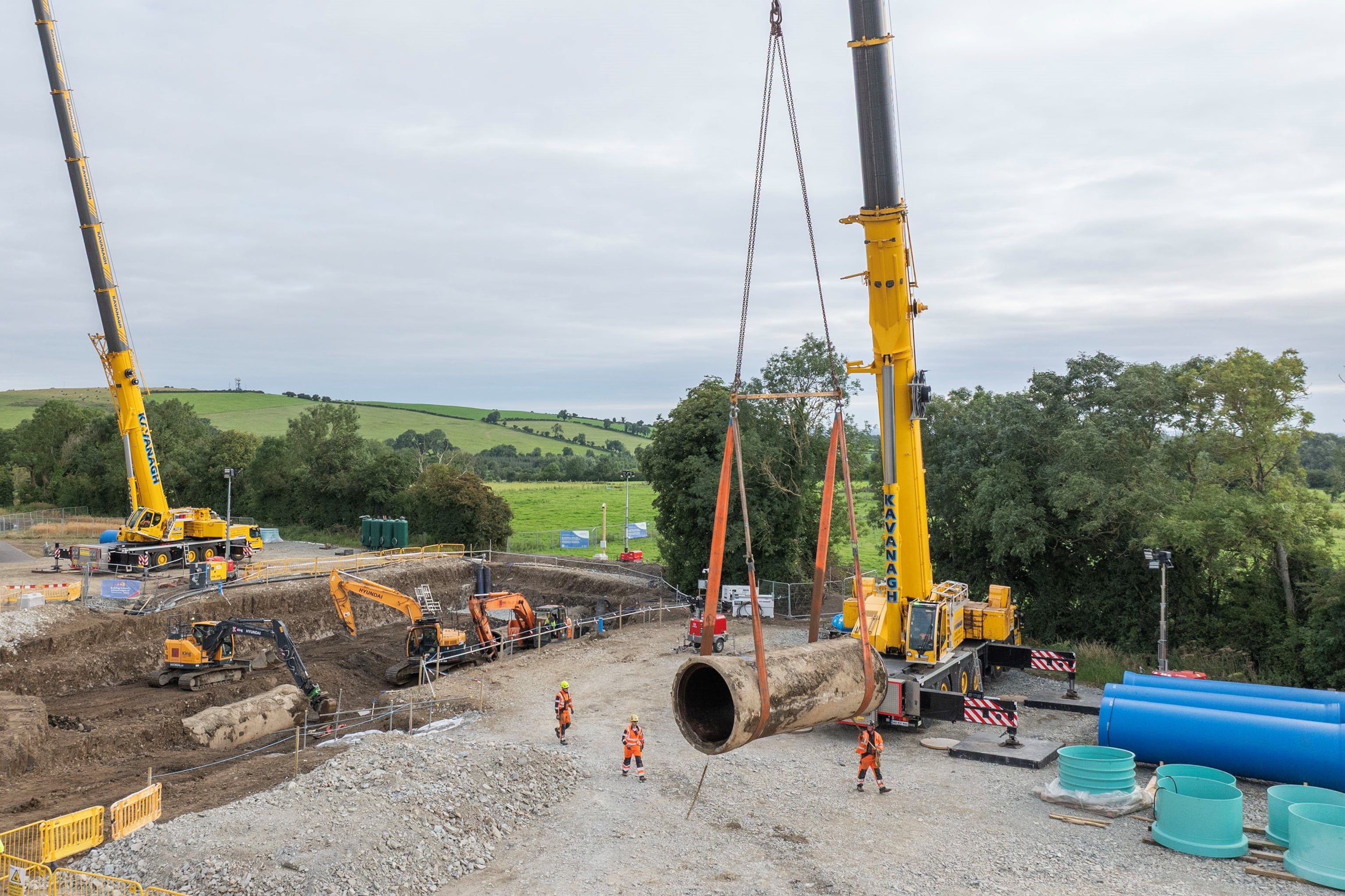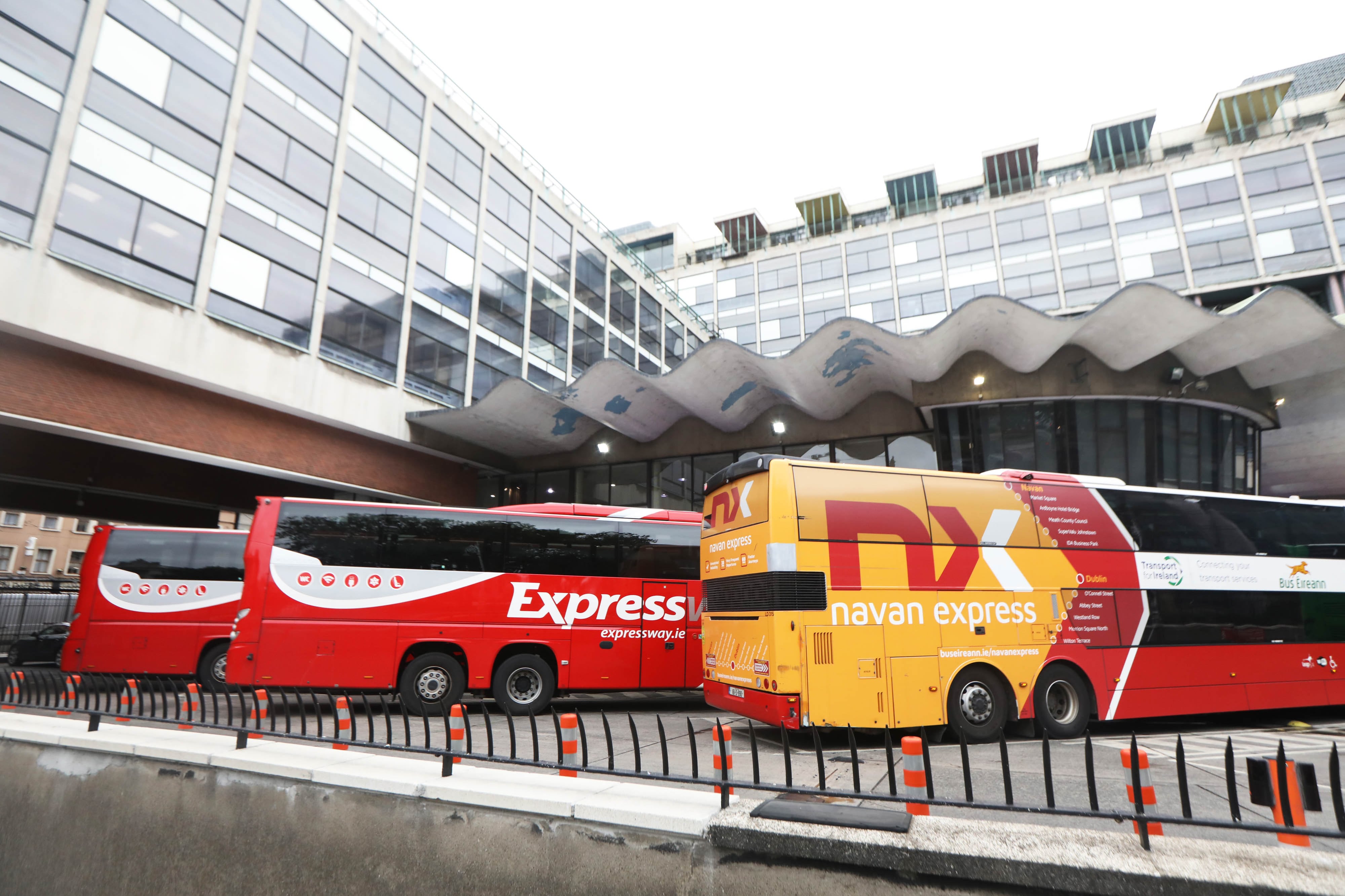A review is under way of the viability of Expressway routes operated by the State-owned transport company Bus Éireann.
The Expressway services are run on a fully commercial basis by the company and do not receive financial support from the exchequer. In many cases, such services face competition on the routes from private-sector rivals.
Informed sources said that while all Expressway routes were under review, a number of services in particular were being examined.
Sources said these included routes from Dublin to Wexford, Dublin to Waterford, Cork to Rosslare, Cork to Limerick and Galway and Tralee to Rosslare.
READ MORE
Details of the review were set out in a letter sent by the chairman of the overall CIÉ transport group Aidan Murphy to the Minister for Transport Darragh O’Brien in September.
In his letter, Mr Murphy said: “While significant challenges remain for the Expressway business, there have been some positive developments to address this, including an agreement with the National Transport Authority to revise the overhead allocation methodology.
“Further discussions are under way regarding route viability to ensure the long-term sustainability of this business.”
Bus Éireann declined to comment this weekend on the review of route viability.
In September 2020, Bus Éireann announced it was to discontinue Expressway services between Dublin and Cork, Galway and Limerick. At the time the company said these routes were loss-making and that it took the decision to to end these commercial services in order to protect the core operations which were supported by the Government under the public service obligation system.
At the time, trade unions argued that private-sector rivals frequently operated on a point-to-point basis from city to city along the motorway network while the Bus Éireann services often served towns in between. Unions contended that such routes should qualify for partial subsidies from the State.
Separately, Mr Murphy told the Minister in September that passenger numbers across the CIÉ group – which also includes Dublin Bus and Irish Rail – continued to rise. He said this was on top of record passenger numbers seen last year.
“Despite challenges due to severe weather events early in the year, passenger numbers year to date are 5 per cent higher than 2024,” he said.
Mr Murphy said commercial activities at CIÉ Tours were continuing to perform well.
“CIÉ Tours’ revenue performance is expected to exceed the budget target and last year’s out-turn,” he said.
Mr Murphy said the schools transport scheme, managed by Bus Éireann on behalf of the Department of Education, “continues to expand and includes significant growth compared to last year”.
Mr Murphy also told the Minister that proposals to reform pension schemes operated in the CIÉ group, which provided for “a long-overdue increase for pensioners”, would also address the organisation’s “significant balance-sheet pension liability”.
He said at the end of 2024 this figure was €361 million but the implementation of the planned reforms would “put the group into a balance-sheet-solvent position for the first time since 2007”.
















